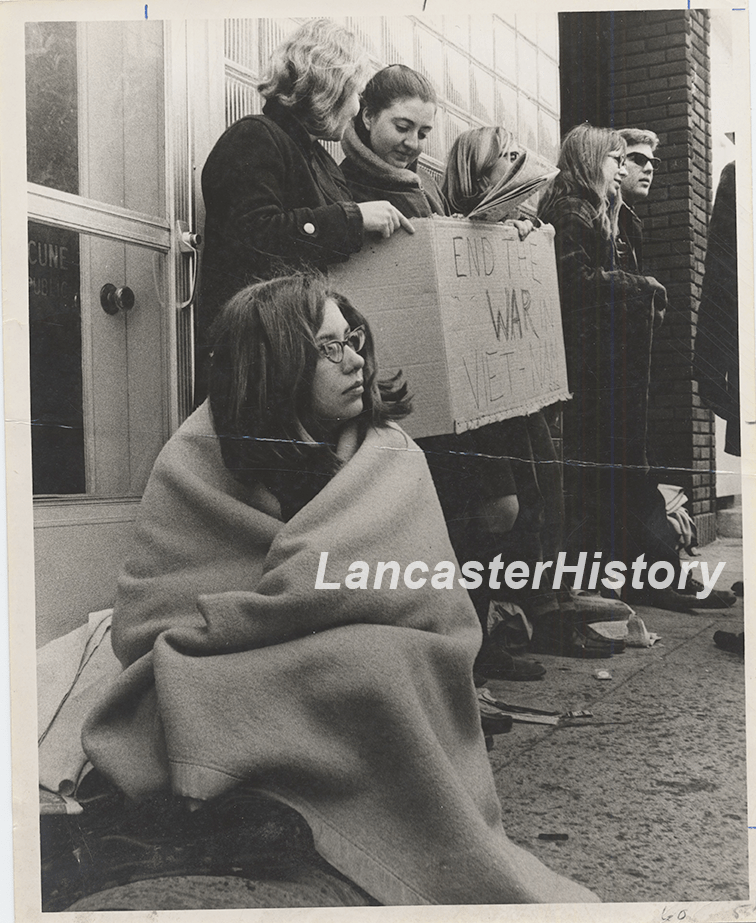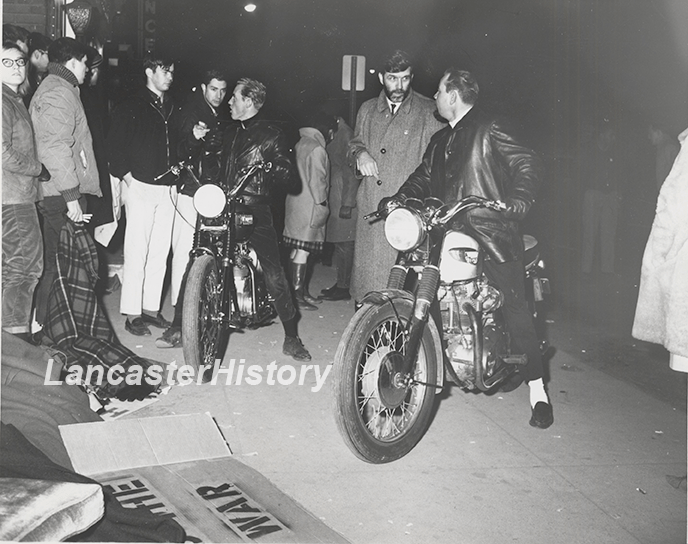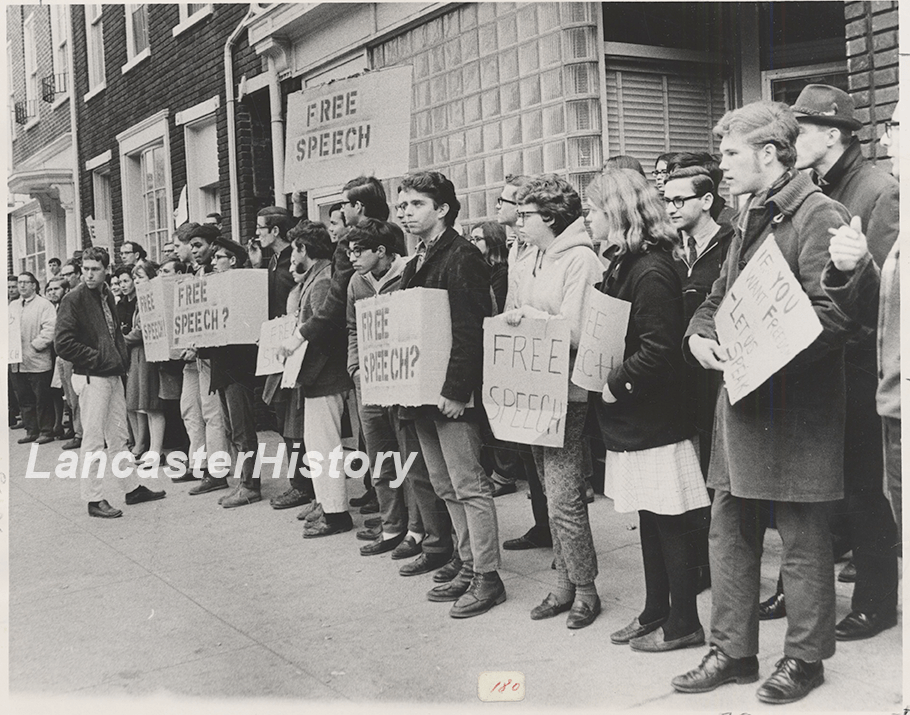Letters to the Editor: Free Speech


Franklin & Marshall students protesting the Vietnam War, April 2, 1966, Collections of LancasterHistory.
On April 2, 1966, students of the newly-formed chapter of Students for a Democratic Society at Franklin & Marshall College began a peaceful vigil to protest the Vietnam War. That night, the demonstration turned violent when counter protestors began tearing up signs, throwing eggs, and harassing the students both verbally and physically. Driving motorcycles into the crowd, counter protestors, injuring Professor Charles Haynie and several student demonstrators.

In response, students and faculty launched a second protest, marching on the police department’s Chestnut Street headquarters with signs reading “free speech.” They argued that the police violated their right to free speech by failing to intervene and protect them from the vigilantes. This interpretation around the right to free speech played out on college campuses around the nation, bringing attention to the broader right to criticize the government, even in times of war.
Many Lancastrians, including Keith Spalding, President of Franklin & Marshall College, announced their respect for the students’ right to protest even as they expressed their disagreement with the protesters’ stance on the war. Others, including the local chapter of the American Civil Liberties Union and many Franklin & Marshall faculty members, demanded accountability from the mayor, the district attorney, and the police department who had deprived students of those rights.
These are some of the letters they to wrote to the editors at Lancaster’s Newspapers.
Credit: April 1966, in the Lancaster Intelligencer-Journal and the Lancaster New Era
